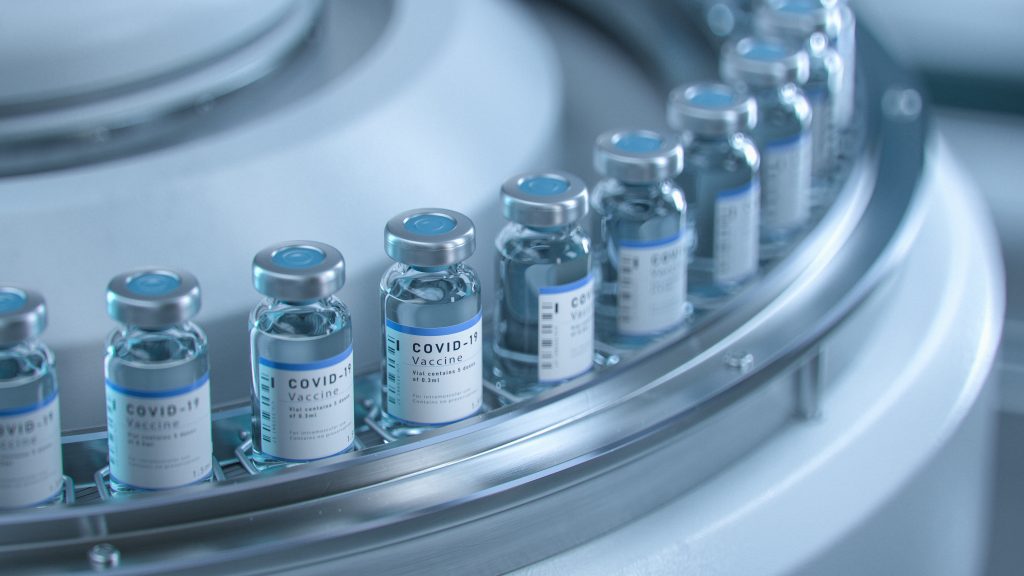A further £23 million of funding for UK electric vehicle battery technology has been announced as part of the UK government’s Faraday battery challenge, which aims to boost development of cost-effective, high-performance, durable, safe, low-weight and recyclable batteries.
Among the recipients is GJE client Granta Design, who has been awarded funding for their research into the use of artificial intelligence in battery technology. This winning project represents an interesting new take on the challenges faced in producing batteries that can meet the steep demands of commercial electric vehicles.
Other winners include a project led by Jaguar Land Rover looking to maximise battery performance while maintaining safety, and mining consultants Wardell Armstrong, who will work with experts at the Natural History Museum and mining firm Cornish Lithium to develop a UK supply of lithium capable of meeting the expected demands of an EV future.
Over the course of the programme, the Faraday battery challenge will invest a total £246 million to address the productivity gap in a growing market worth an estimated £5 billion in the UK and £50 billion across Europe by 2025. The projects funded are also expected to help the government meet its ambitious targets of having all new cars and vans be effectively zero emission by 2040, and of cutting UK greenhouse gas emissions to effectively zero by 2050.
Greg Clark, the Business and Energy Secretary, commented on the latest round of funding, saying “We are committed to ensuring our world-leading automotive sector can flourish. These exciting new projects will build on the UK’s reputation for excellence, our rich heritage in the auto industry and pave the way for advances towards a cleaner economy.
“We will continue to invest in future car manufacturing, batteries and electrification infrastructure through our modern Industrial Strategy and today’s winners will be crucial in ensuring that the UK leads the world in the global transition to a low carbon economy – one of the greatest industrial opportunities of our time.”
GJE’s advanced engineering team will continue to follow the Faraday battery challenge with interest and looks forward to the impact it may have on the electric vehicle sector over the coming years. If you have any questions about this article, please contact chris.anderson@gje.com.

